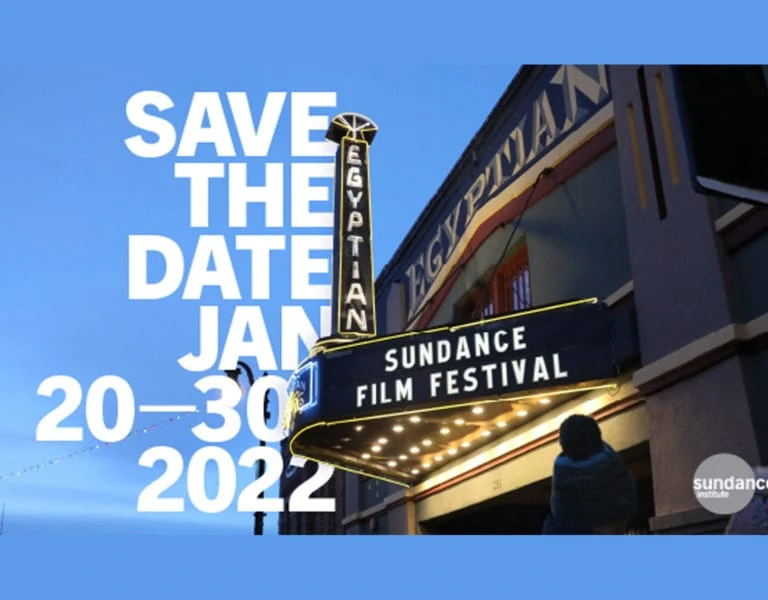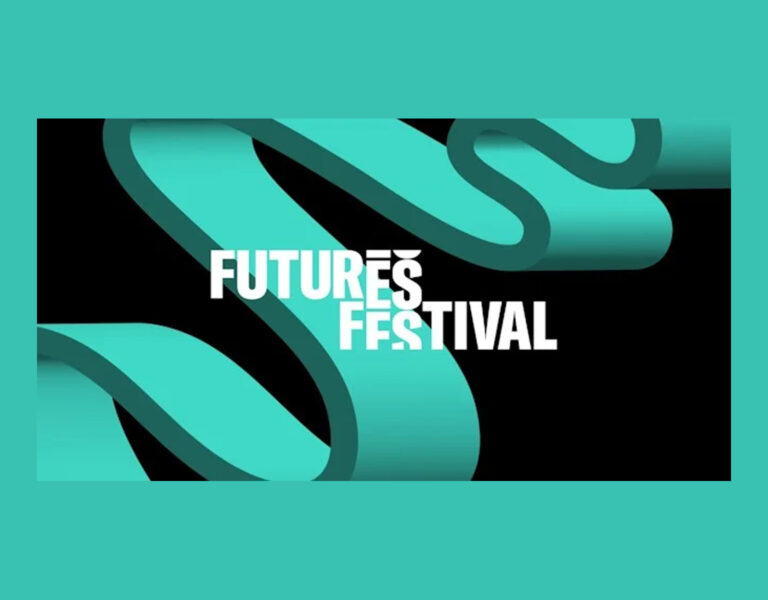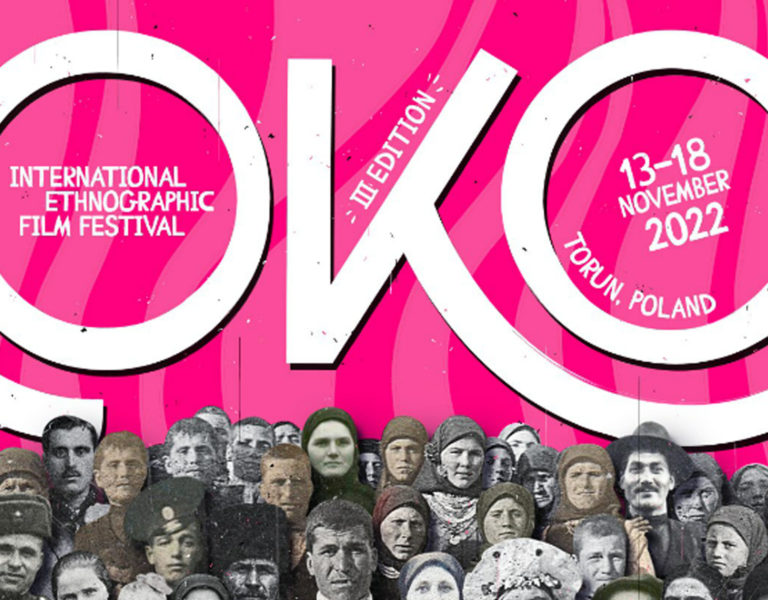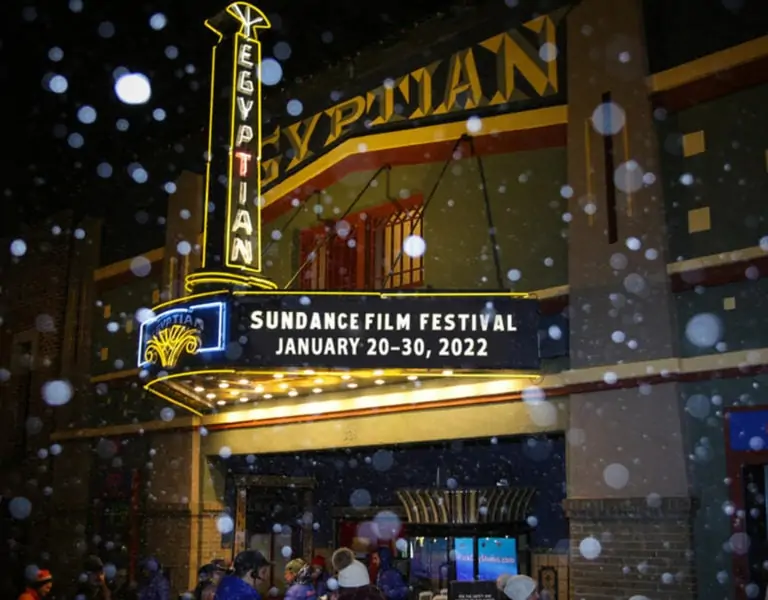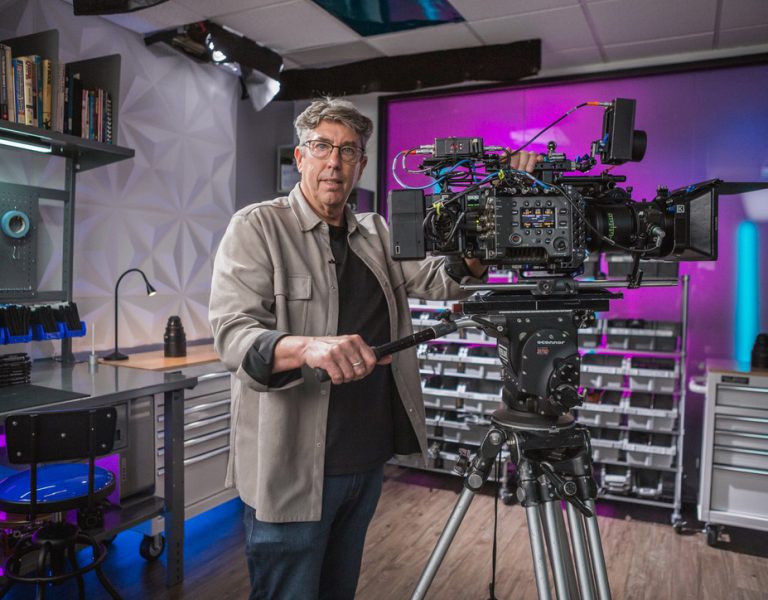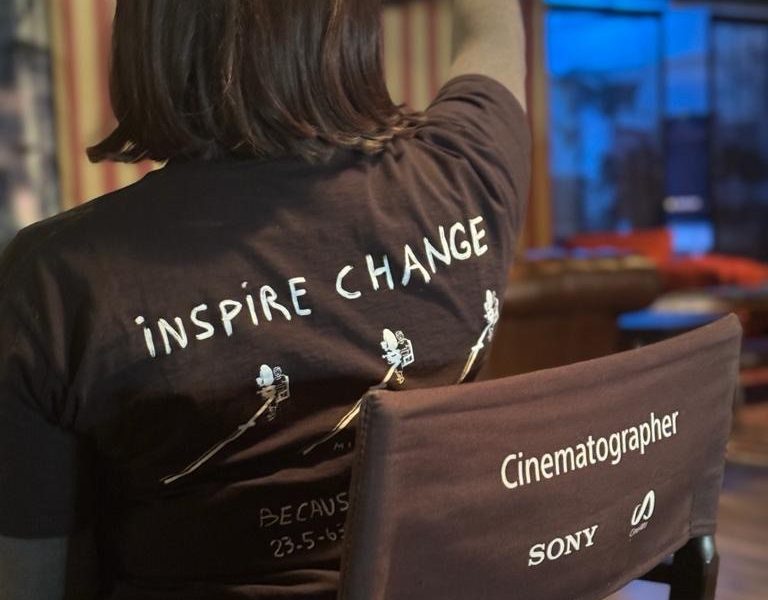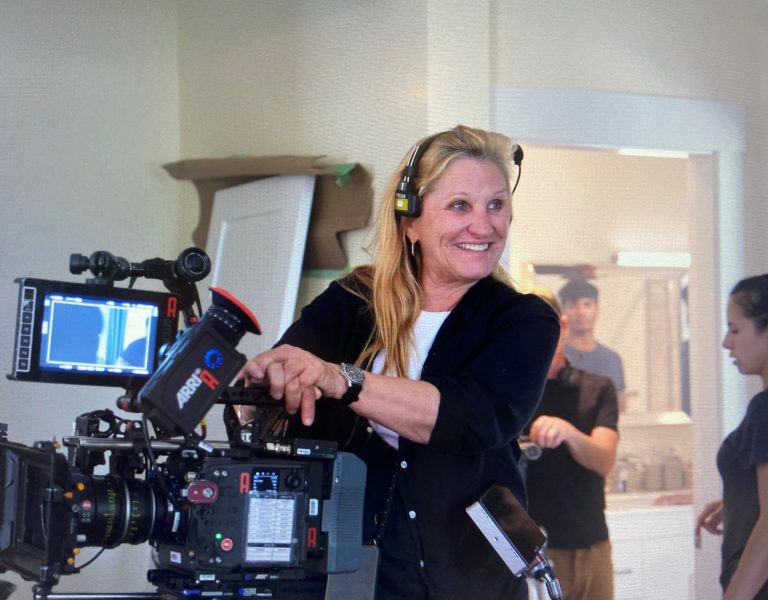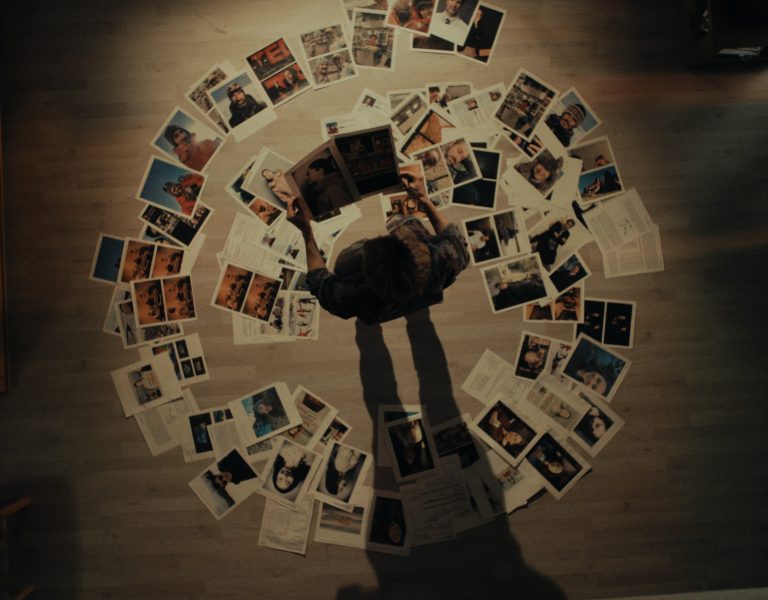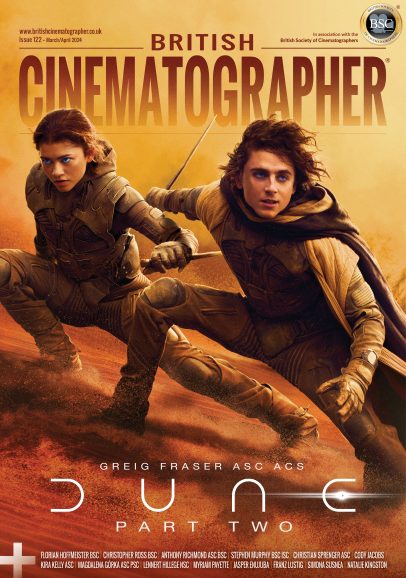The toast of Toruń
A lot may have changed over 30 years, but EnergaCAMERIMAGE remains at the forefront of the European festival circuit for cinematographers. Organisers Marek Żydowicz and Kazik Suwała explain why celebrations for anniversary year are even more special with the ever-evolving plans for the European Film Centre.
It’s November 1993 in Toruń, a fairy-tale city in northern Poland, as famous for being the birthplace of polymath Nicolaus Copernicus as it is for its delicious gingerbread. But another treat awaits the cinematographers who converge on the city for the first time: the inaugural Camerimage Festival. Vittorio Storaro ASC AIC, president of the festival’s very first jury, would describe it as a “milestone in the history of the art of cinematography”, while then-ASC President Victor Kemper said it should become “the most important festival for cinematographers”.
Armed with limited funds but boundless enthusiasm, a small group of film lovers had approached Storaro and another legend of the craft, Sven Nykvist ASC FSF, with their idea for a cinematography-focused festival, and the pair were soon on board. At the event, Nykvist is honoured with the first Golden Frog Award for Lifetime Achievement, while Stuart Dryburgh ASC NZCS receives the Grand Prix Golden Frog for his lensing of The Piano. Attendees enjoyed 42 films from around the world, of which eleven were presented in the Main Competition. With rave reviews from audiences and industry alike, the first edition is hailed a success.
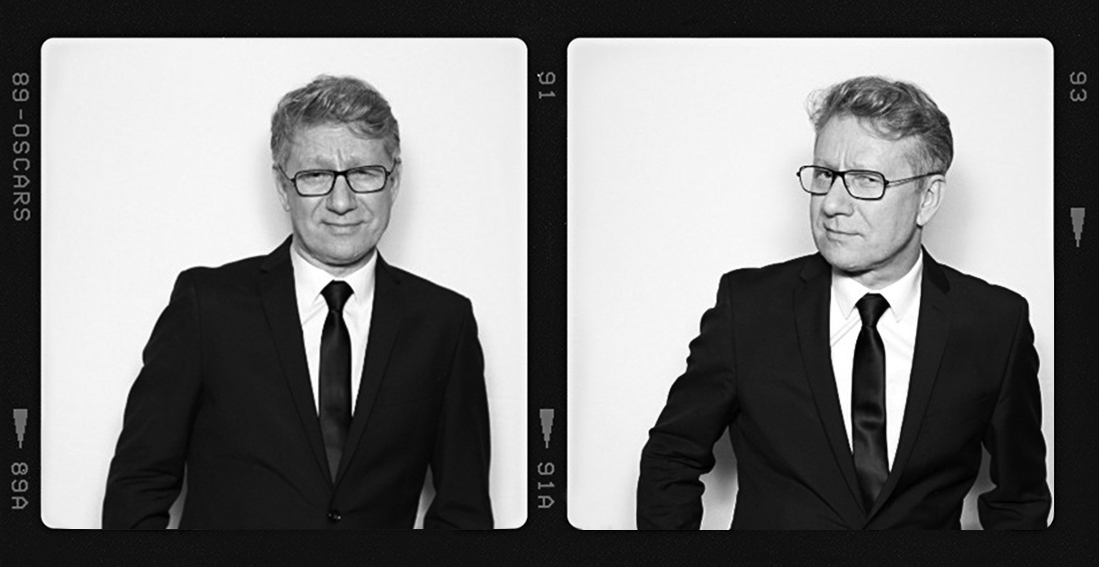
Centre of culture
After forays to Łódź (2000-09) and Bydgoszcz (2010-18), the festival (known as EnergaCAMERIMAGE since 2019) is firmly reunited with its historical birthplace as it celebrates its 30th anniversary. It’s showing its dedication to Toruń by planting some exciting roots in the city.
“This is the first festival where we are actually in the process of building the new festival centre,” explains Marek Żydowicz, Camerimage’s founder and its esteemed artistic director. He’s talking about the European Film Centre CAMERIMAGE, a project launched with much fanfare in 2019 and, after a COVID-imposed hiatus, very much back on the agenda.
“The main change between last year’s festival and this year’s is that at the beginning of 2022, we started on the Centre’s design with the company that won the competition (Baumschlager Eberle),” says Kazik Suwała, one of Camerimage’s organisers. “We should finish it by January next year.”
The European Film Centre CAMERIMAGE is being designed with the support of Poland’s Ministry of Culture and Toruń’s council, with a funding injection of $150 million. It aims to position Toruń as Poland’s – if not one of Europe’s – leading film hubs. The six-building complex, a modernist triumph of metal and glass, will boast a market hall, space for exhibitions, a museum and art gallery, cinemas with special screening capabilities, a dedicated education centre, and a film studio with virtual production capabilities. Above all, it will be Camerimage’s home for the future.
The development means 2022 is a year of dual celebrations for the Camerimage team – a time to recognise not just 30 years of festival success, but to toast the future of European film. “We are sort of postponing celebrating 30 years for the 35th edition, when we’ll hopefully have it in a new centre,” Żydowicz adds.
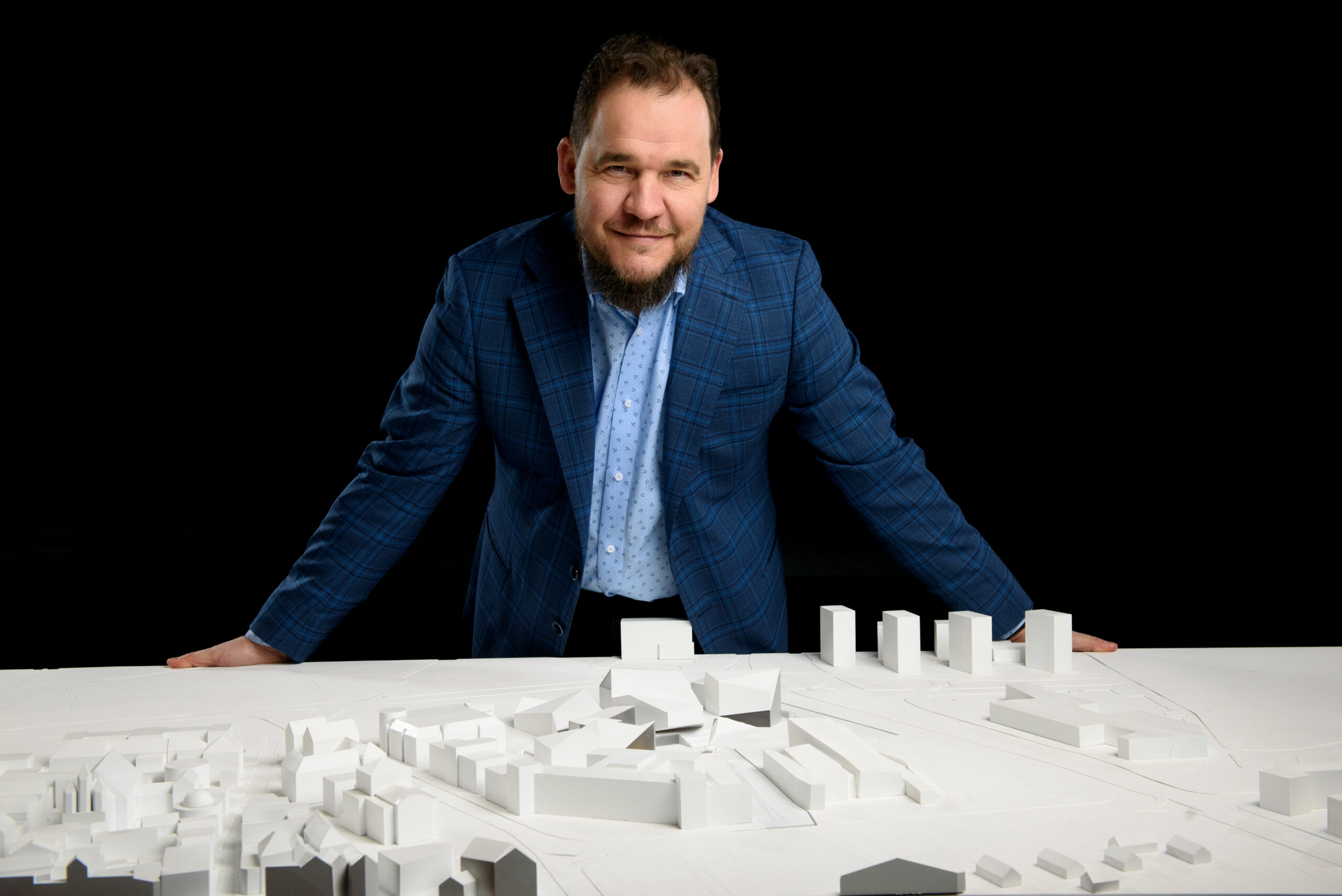
On the up
Camerimage’s 2022 edition is much awaited by the cinematographic community, after 2020’s festival was online-only and 2021 was dominated by COVID restrictions affecting travel. That’s not to say this year’s event doesn’t face its own challenges – Żydowicz and Suwała note inflation, the Ukraine war and the increase of films going straight to screening platforms are all stumbling blocks.
However, the future European Film Centre CAMERIMAGE will solve another difficulty: capacity. “We do have lots of submissions – probably around 3,000 for all our selection committees and competitions we have,” notes Suwała. “We’d love to show all the ones we like, but we are not able to due to lack of venues. So, the construction of a new place is going to influence our future editions.”
But there’s plenty to be positive about for 2022. “We opened selling our accreditations much earlier than usual this year, and the first couple of days were the best on record,” Suwała says.
“There were huge numbers of people in 2019, but that’s because we had the likes of Edward Norton, Quentin Tarantino, Danny DeVito, Josh Hartnett, and Darren Aronofsky,” adds Żydowicz. “People were coming from all over the world, not just from Poland. There were 5000 accreditations. Such a number makes a difference in a city like Toruń, with less than 200,000 inhabitants.”
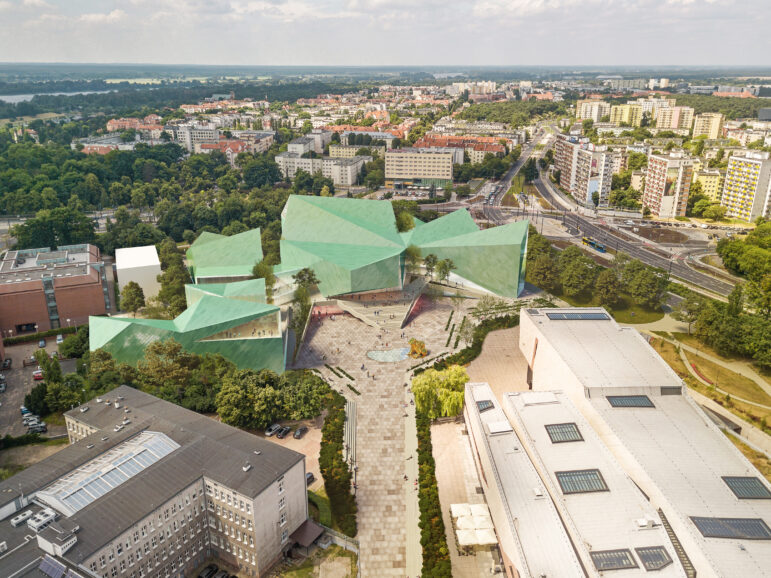
Ones to watch
Two of the figures to watch at this year’s festival are cinematographer Stephen H. Burum ASC and filmmaker Ulrike Ottinger, winning the Lifetime Achievement Award and the Avant-Garde Achievements Award respectively. The festival organisers note that the pair are united by their artistic growth during the 1980s.
“When you compare the 1980s with now, there are lots of similarities in the world,” comments Żydowicz. “There was a new leader in the US and there was Margaret Thatcher in the UK. There were lots of tensions; Russia was fighting Afghanistan and there was the Cold War. This is when Stephen started to work, and the movies he shot were influenced by it. And when you look at today, we have a new German president, a new female British prime minister, and there is a Russian attack in Ukraine, so there are lots of similarities between those years and our programme is connected.”
“Stephen H. Burum is an outstanding artist,” Żydowicz says. “I do not know if there is a cinema lover in Poland who would not know The Untouchables, Mission Impossible, Casualties of War, Carlito’s Way, Mission to Mars or Snake Eyes. He will visit Toruń and meet the festival participants, students of film and art schools and the people of Toruń. We will talk with him about his work and what we plan to do at the European Film Centre Camerimage.”
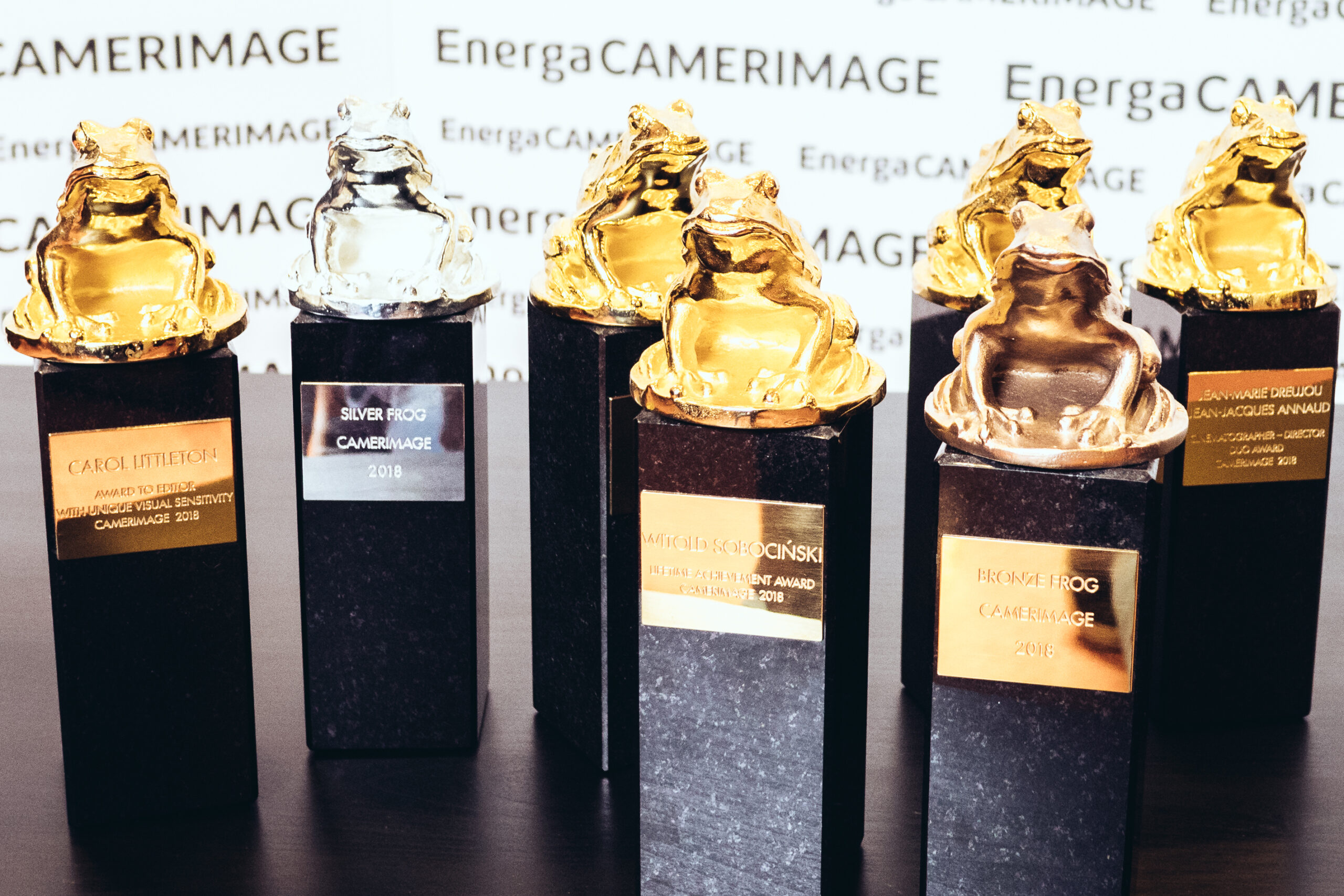
The film programme, announced a few weeks before the festival, will be complemented by various photographic exhibitions including one dedicated to Neo-expressionism, which emerged in the same era.
Other filmmaking figures to be celebrated at this year’s festival include documentary-maker Alex Gibney, winner of the Outstanding Achievements in Documentary Filmmaking award, and Hype Williams, who will be presented with the Achievements in the Field of Music Videos Award.
Of course, encouraging the next generation of talented creatives is at the heart of Camerimage’s vision, and there are plenty of ways for students to get involved. Żydowicz notes that the calibre of entries to the ever-popular Student Etudes competition are extremely strong this year.
“We also host the Talent Demo where students can pitch a project to the filmmakers here,” says Suwała. “Camerimage is a place where all these young people are not only coming to watch films – which they do, of course, as well – but to consume knowledge from the masters.”
From the new blood to the master artists – this year will be exactly 30 years since Storaro and Nykvist celebrated the arrival of the very first edition on the European scene. While filmmaking technologies – and indeed the wider world – may have changed immeasurably over that time, the festival’s ethos of championing the 10th muse remains as steadfast as ever.

